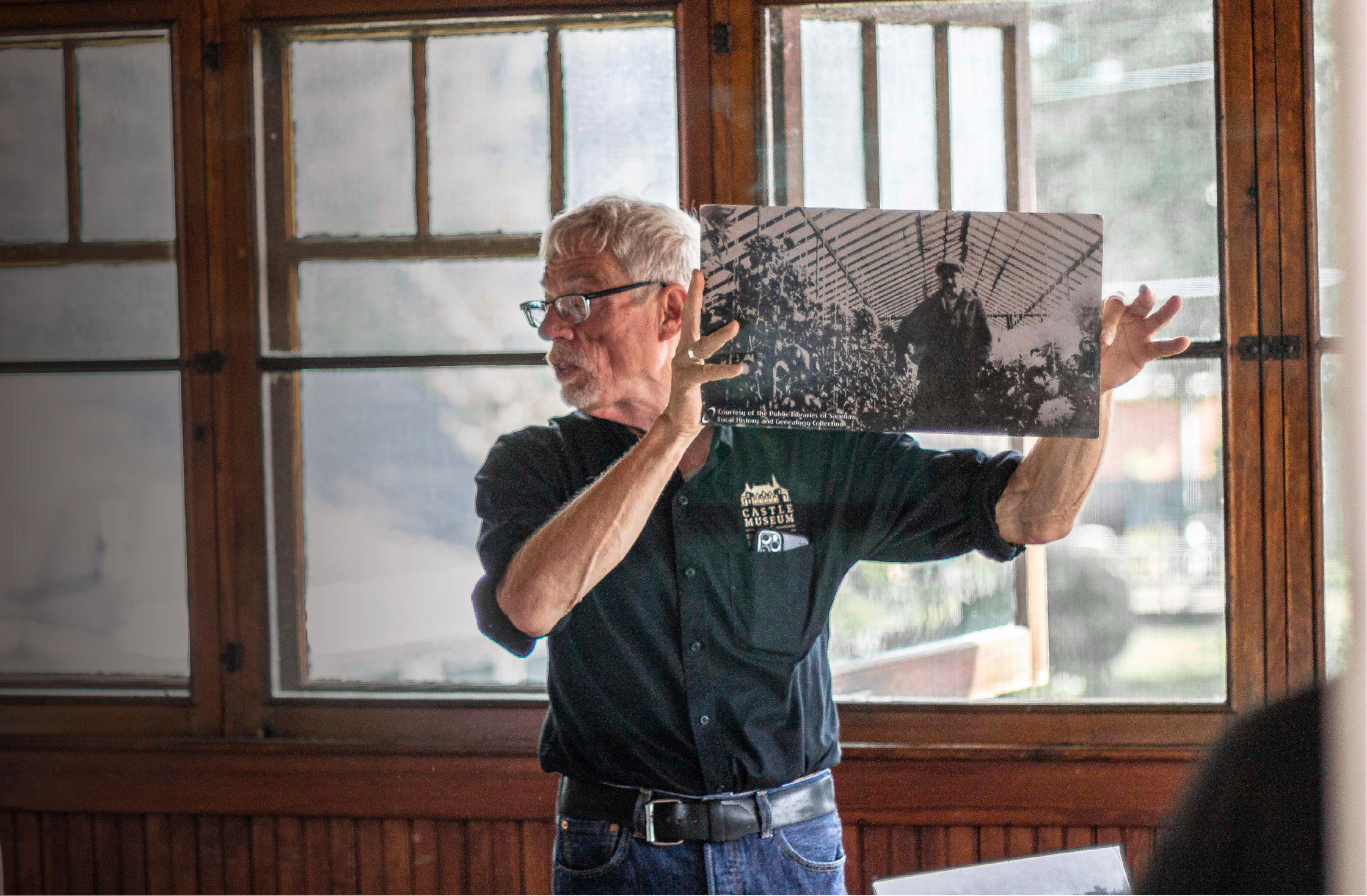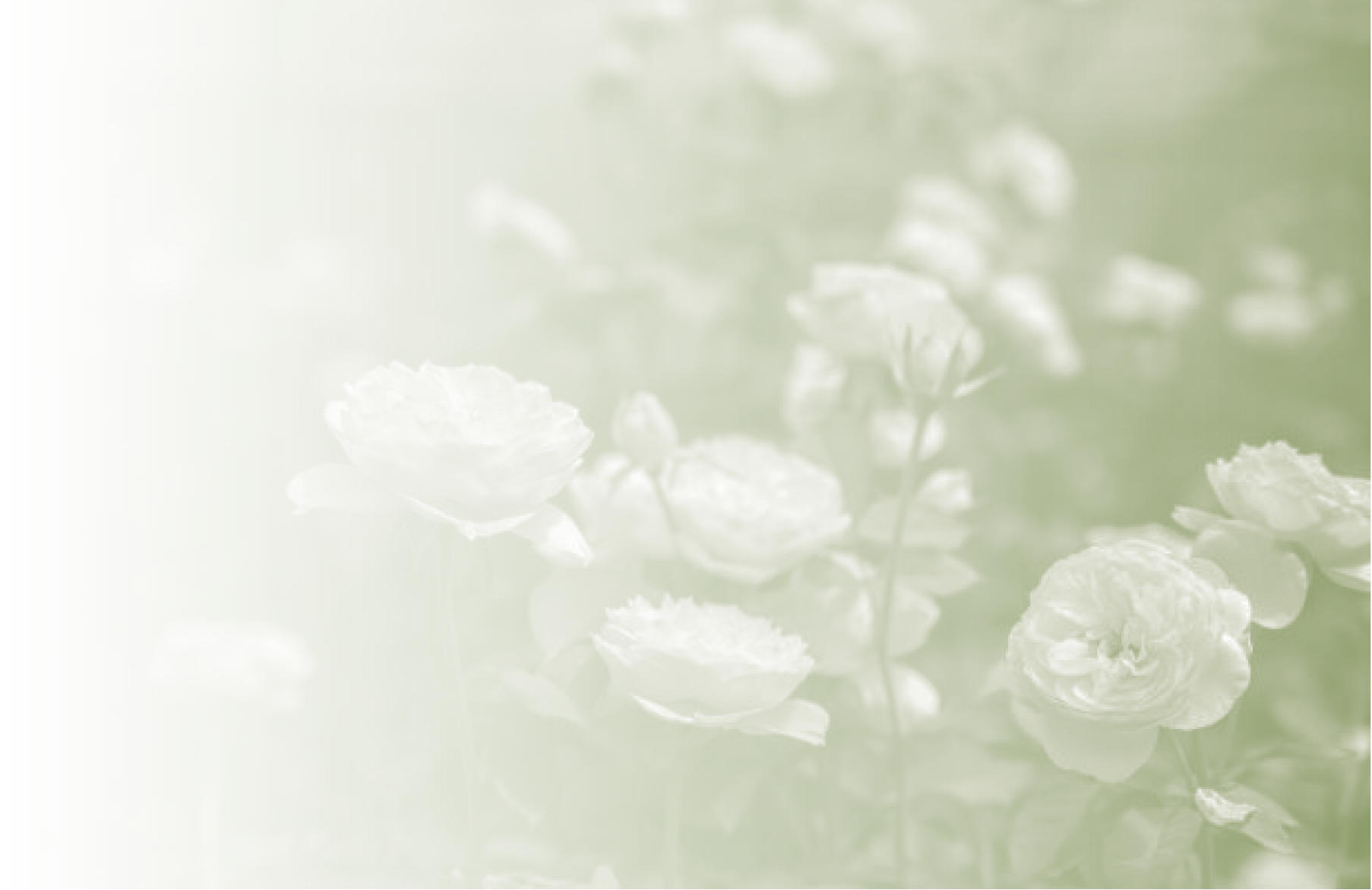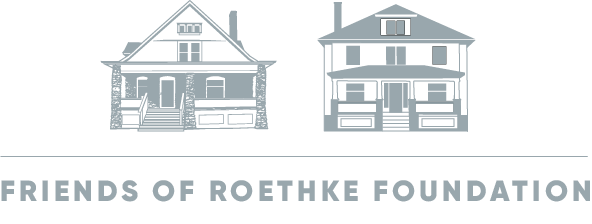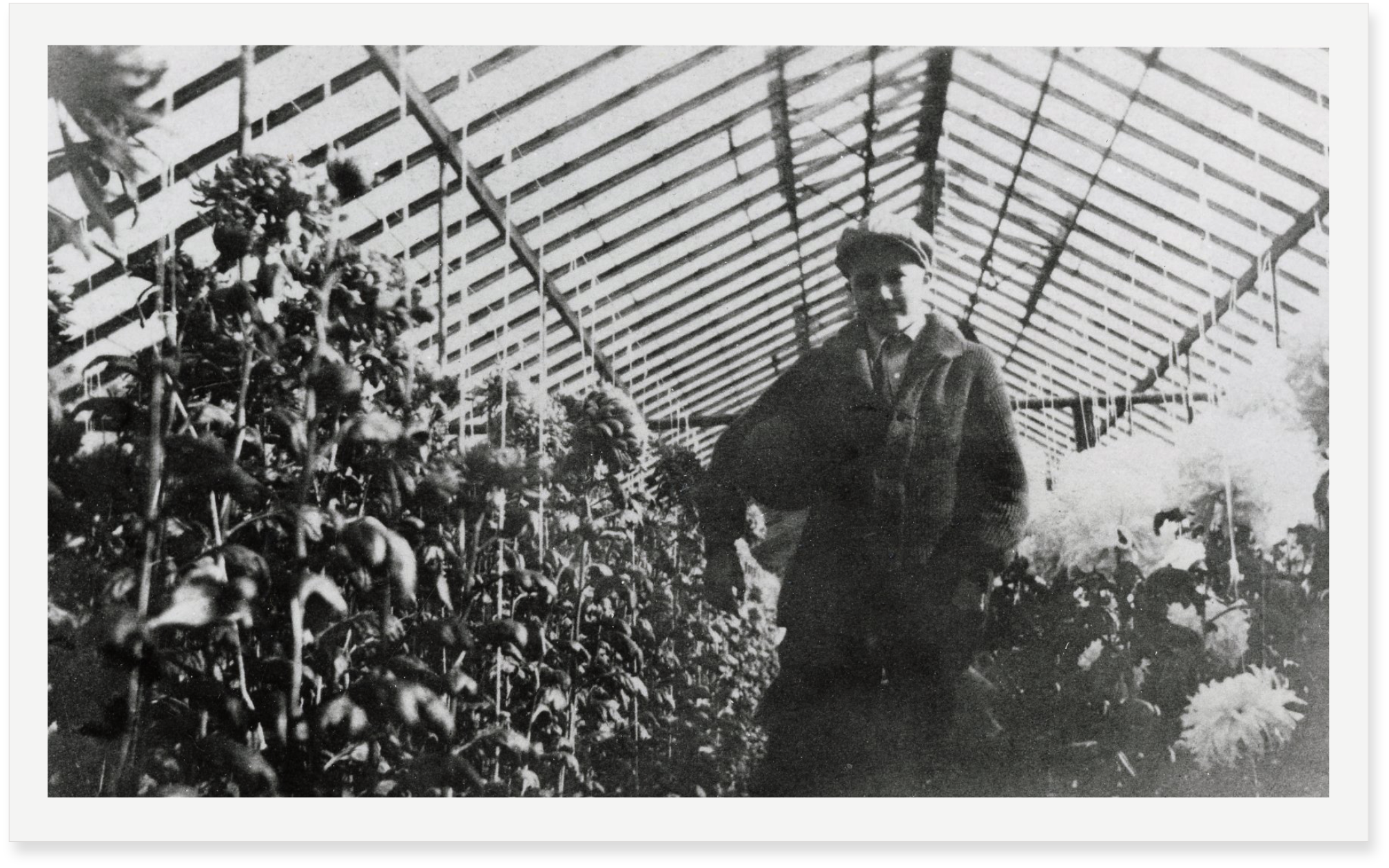
LEARN
Theodore Roethke, the poet

Theodore Roethke was born in 1908 in Saginaw, Michigan and grew up in the house now preserved as The Theodore Roethke Home Museum. This house at 1805 Gratiot Avenue was built around 1911 for Roethke’s parents, Otto and Helen. Roethke’s father Otto and his uncle Carl managed the William Roethke Floral Company, which was founded in the 1880s by Roethke’s grandfather William. The company's extensive greenhouses once stood on the land behind the Roethke House and the neighboring Stone House where Carl’s family lived.
Roethke worked in the greenhouses with his father and his childhood experiences with the family’s Saginaw floral company inspired many of his poems. As he wrote, the greenhouse “is my symbol for the whole of life, a womb, a heaven-on-earth.” His father died of cancer in 1923 when Roethke was only fourteen, and this would also have a profound effect on him and his poetry.
Roethke attended John Moore Elementary School and graduated from Arthur Hill High School in Saginaw. He entered the University of Michigan in Ann Arbor, graduated magna cum laude in 1929, and later completed an M.A. in Literature. He taught at Michigan State College (present-day Michigan State University) and at colleges in Pennsylvania and Vermont before joining the faculty of the University of Washington at Seattle in 1947.
...the greenhouse “is my symbol for the whole of life, a womb, a heaven-on-earth.”
...the greenhouse “is my symbol for the whole of life, a womb, a heaven-on-earth.”
Roethke’s first collection of poems, Open House, was published in 1941 to wide acclaim. Roethke was a master stylist of both free verse and fixed forms. Many of his poems are intensely lyrical and draw from the natural world in all its mystery and fierce beauty. In 1954, Roethke received the Pulitzer Prize for The Waking. He also received two National Book Awards, and the prestigious Bollingen Prize from Yale in 1959.
Roethke is widely regarded as one of the greatest poetry teachers the country has produced. Many of his students who went on to become award-winning poets in their own right credit Roethke's influence.
The poet died in Washington state in 1963 at age 55. His remains are interred in Saginaw's Oakwood Cemetery.
A detailed account of Roethke’s life can be found in Allan Seager’s biography, The Glass House: The Life of Theodore Roethke.



